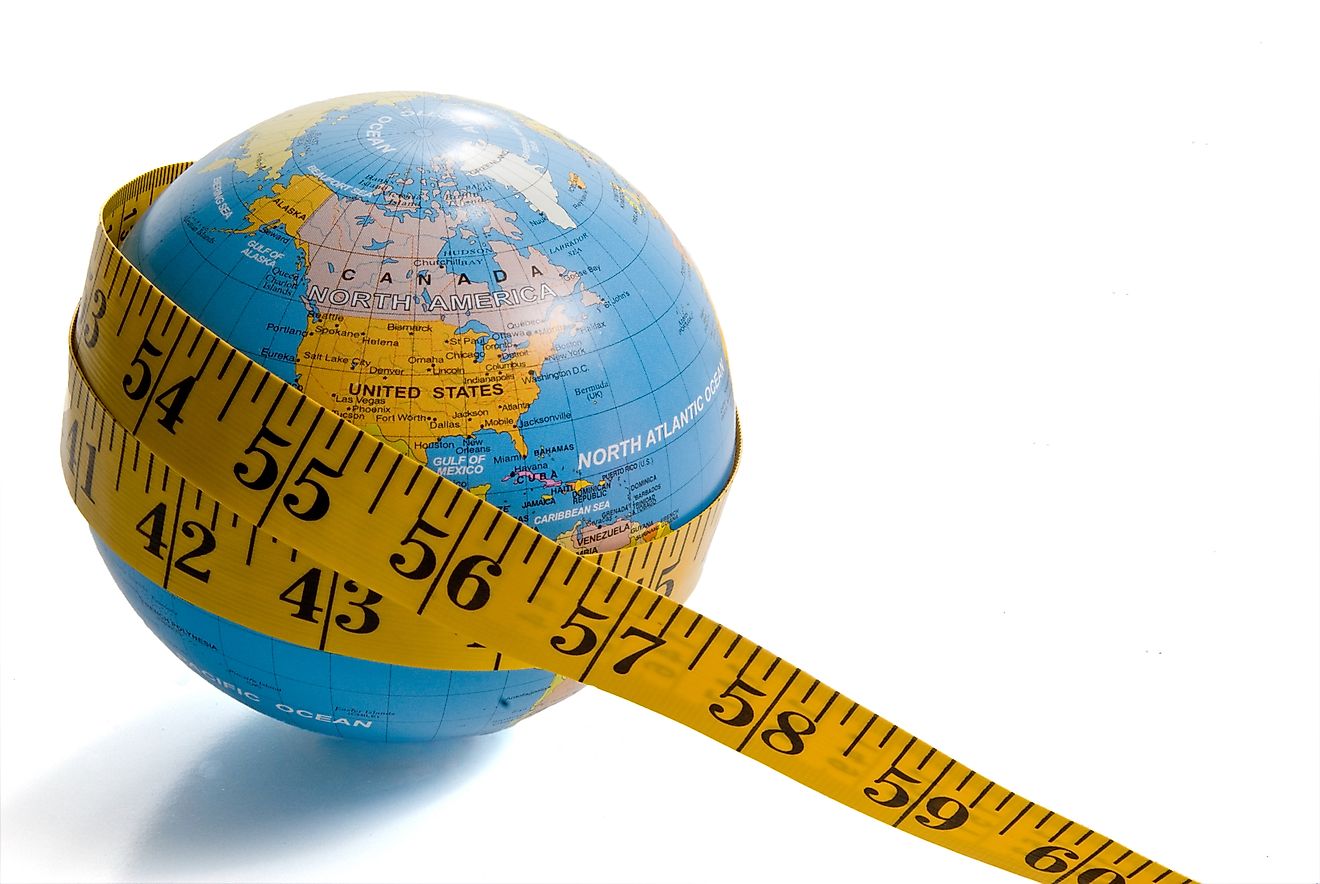What And When Are The Youth Olympic Games?
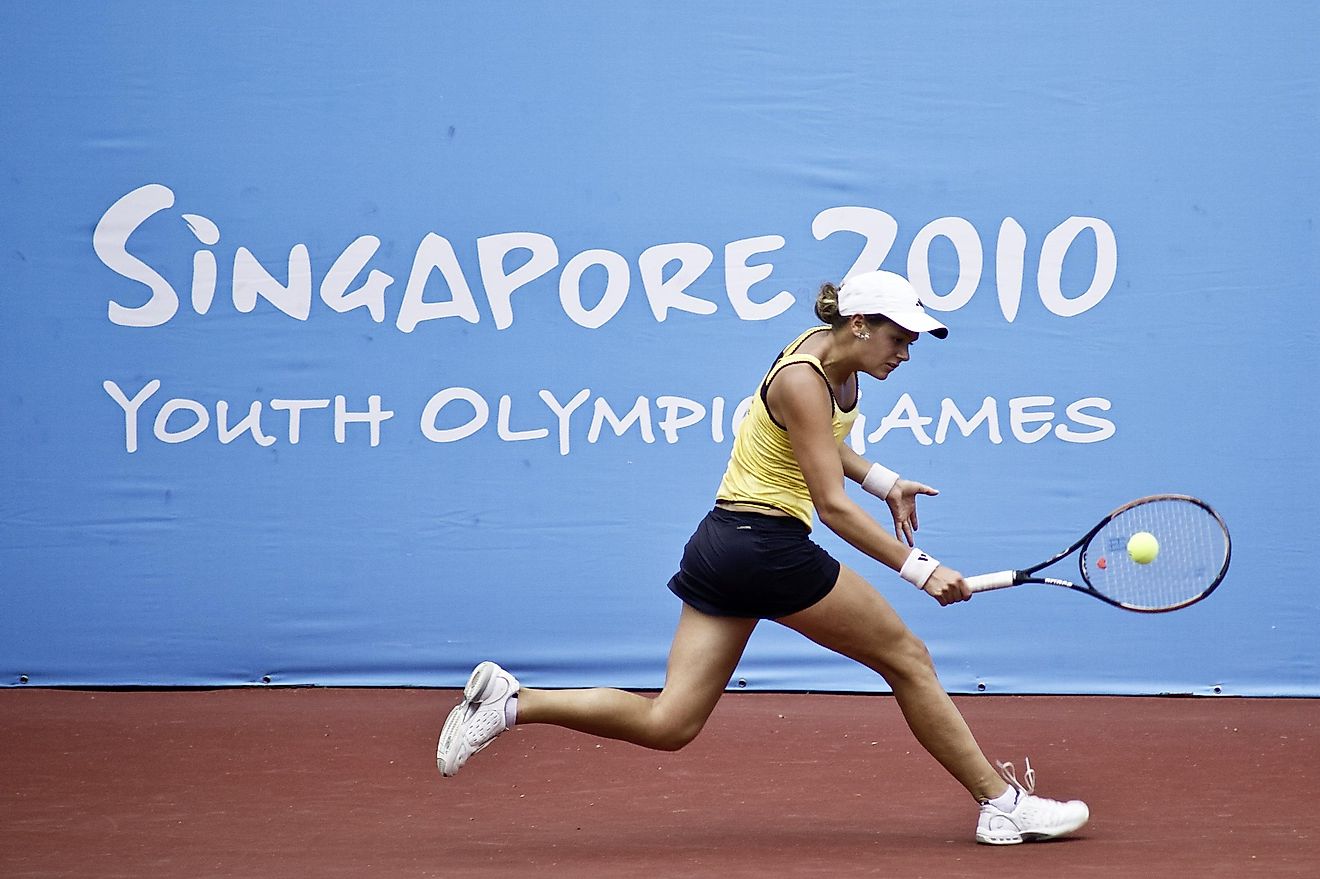
Youth Olympic Games (YOG) are major sporting events organized by the International Olympic Committee and are consistent with the Olympic Games. The sporting event is for young people aged between 15 and 19 all over the world and is different from other youth sporting events in that the games integrate a unique Culture and Education Program. YOG focus on five major themes namely, Olympism, Skill Development, Social Responsibility, Healthy Lifestyle, and Expression and Wellbeing. The Games have both winter and summer events which are each held every four years, so there is a Youth Olympic event every two years just like with the regular Olympics. The first Summer YOG were held in 2010 in Singapore while the first Winter Games were held in 2012 in Innsbruck, Austria.
History Of The Youth Olympic Games
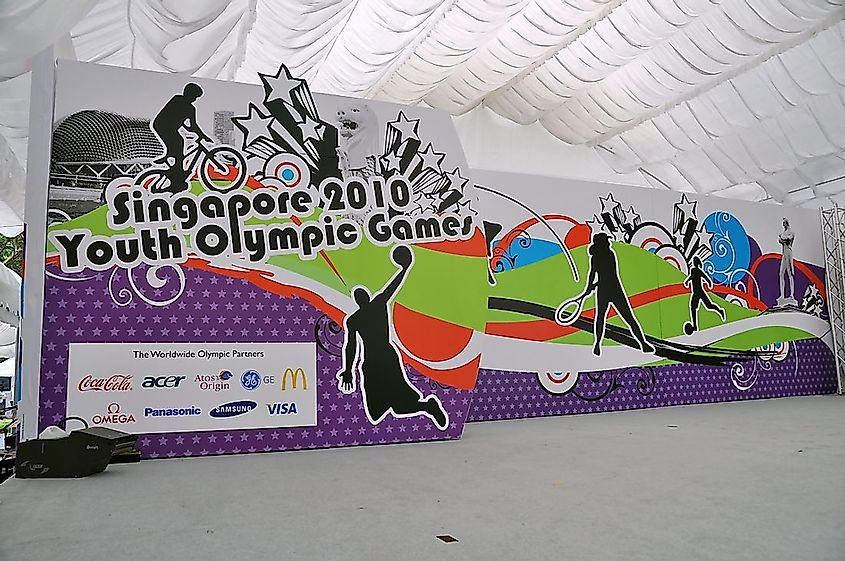
The idea of YOG was first floated in 1998 by Austrian Johann Rosenzopf in response to the growing cases of obesity among children and the decreasing number of youths participating in sports activities, especially in developed countries. Organizing Olympic Games for youth was also considered a means of fostering their participation in the main Olympic Games. The IOC wanted the YOG to be about cultural exchange and education as well sports, leading to the development of the Culture and Education Program (CEP) as a component of the Games. The plans for a YOG were formally announced during the 119th IOC Session on July 6, 2007, by IOC President (then Jacque Rogge). The city of Singapore hosted the inaugural Summer YOG from August 14th to 26th, 2010.
Host Cities
Three summer and two winter YOGs have been held in the history of the Games. The cities of Singapore, Nanjing (China), and Buenos Aires (Argentina) hosted the 2010, 2014, and 2018 summer events, respectively, while Innsbruck, Lillehammer (Norway), and Lausanne (Switzerland) hosted the 2012, 2016, and 2020 winter events, respectively. The next Summer Youth Games will be Dakar, Senegal in 2022 and the next Winter Youth Games will be held in PyeongChang and Gangneung, South Korea in 2024.
Athlete Qualification
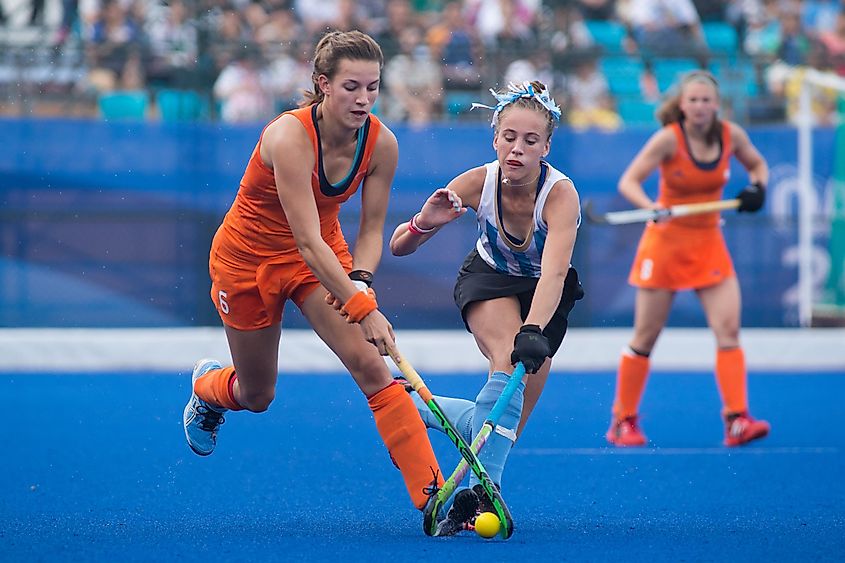
Athletes who are participating in the YOG are placed in groups depending on their ages (14-15 years, 16-17 years, and 17-18 years). The age of the athlete is determined by how old they are by December 31 of the year of their participation in the Games. For a young person to participate in a particular sport, the IOC in conjunction with the international sports federation of the sport in which they want to participate must determine their qualification. The concept of Universality of Places was instituted by the IOC to ensure that all the nations have representatives at the Games. For team sports, one team represents each continent with the sixth team representing either the host nation or as accepted by the IOC. Also, a nation cannot be represented by more than 70 athletes in individual sports.
Sports Program
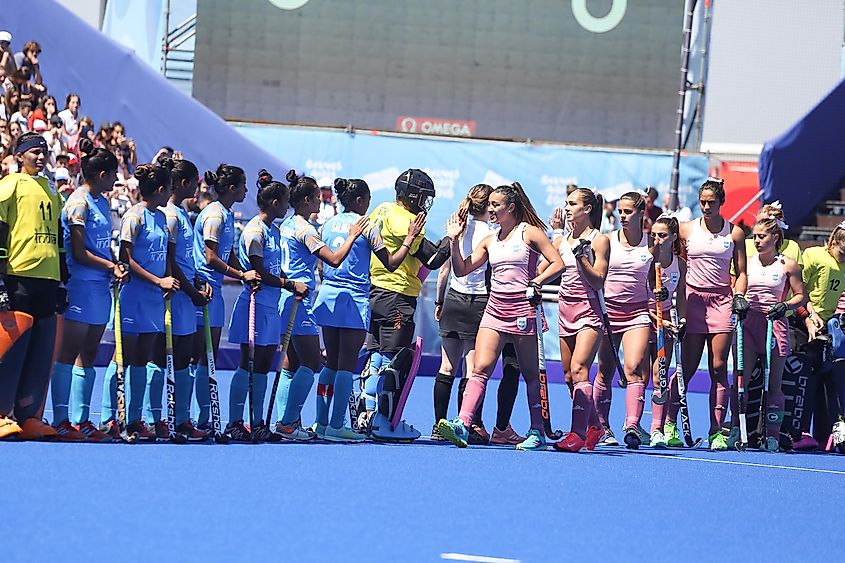
The sports program for the YOG is based on the traditional Games. 28 sports are contested during summer games and 7 during the winter games. However, some of the sports have been modified or include a limited number of events. The modified sports include 3-on-3 basketball and mixed National Olympic Committee events. Mixed NOC events allow athletes from different countries to compete together as a team. Other activities away from the field of play include workshops, interactive activities, and team-building. The athletes are also given the opportunity to learn the concepts of the Olympics through the CEP.
Medal Count
China, Russia, and Japan have been the most successful nations at the YOG. China has won the most medals with 187 (99 gold medals), followed by Russia with 228 medals (96 gold medals). Japan has won 115 medals (43 gold medals) while the Mixed-NOCs have won 146 medals in total (48 gold medals).
Youth Olympic Games Total Medal Table
| Rank | Country | Gold | Silver | Bronze | Total |
|---|---|---|---|---|---|
| 1 | China (CHN) | 99 | 50 | 38 | 187 |
| 2 | Russia (RUS) | 96 | 74 | 58 | 228 |
| - | Mixed-NOCs (MIX) | 48 | 46 | 52 | 146 |
| 3 | Japan (JPN) | 43 | 42 | 30 | 115 |
| 4 | South Korea (KOR) | 37 | 23 | 21 | 81 |
| 5 | United States (USA) | 34 | 31 | 31 | 96 |
| 6 | Germany (GER) | 29 | 42 | 42 | 113 |
| 7 | Italy (ITA) | 28 | 34 | 34 | 96 |
| 8 | France (FRA) | 25 | 28 | 36 | 89 |
| 9 | Hungary (HUN) | 24 | 20 | 22 | 66 |
| 10 | Ukraine (UKR) | 22 | 25 | 30 | 77 |
| 11 | Switzerland (SUI) | 19 | 12 | 21 | 52 |
| 12 | Australia (AUS) | 17 | 27 | 29 | 73 |
| 13 | Sweden (SWE) | 17 | 12 | 14 | 43 |
| 14 | Austria (AUT) | 17 | 10 | 24 | 51 |
| 15 | Cuba (CUB) | 15 | 4 | 5 | 24 |
| 16 | Norway (NOR) | 13 | 17 | 18 | 48 |
| 17 | Great Britain (GBR) | 13 | 12 | 22 | 47 |
| 18 | Argentina (ARG) | 13 | 10 | 15 | 38 |
| 19 | Azerbaijan (AZE) | 12 | 10 | 4 | 26 |
| 20 | Iran (IRI) | 12 | 5 | 8 | 25 |











